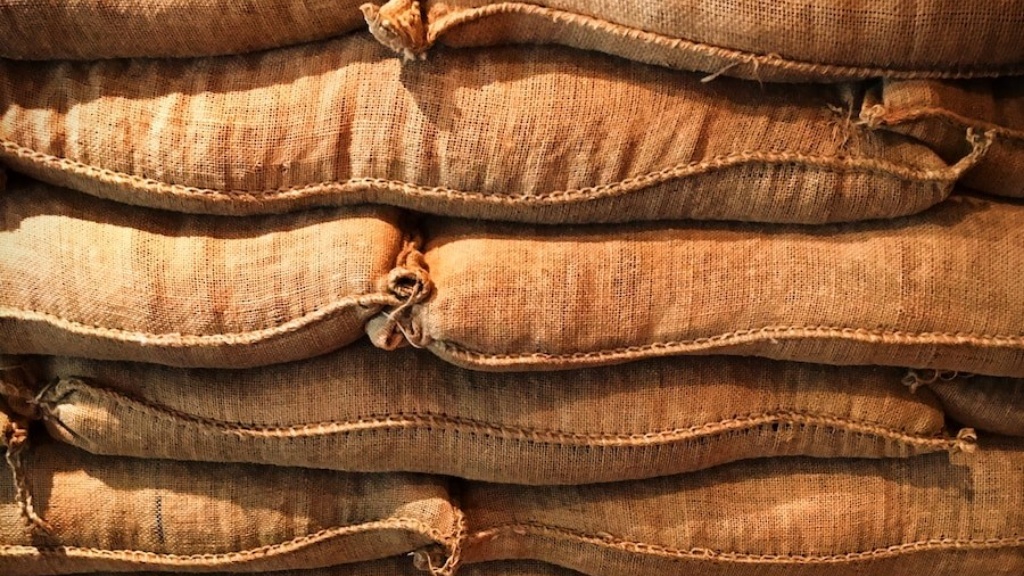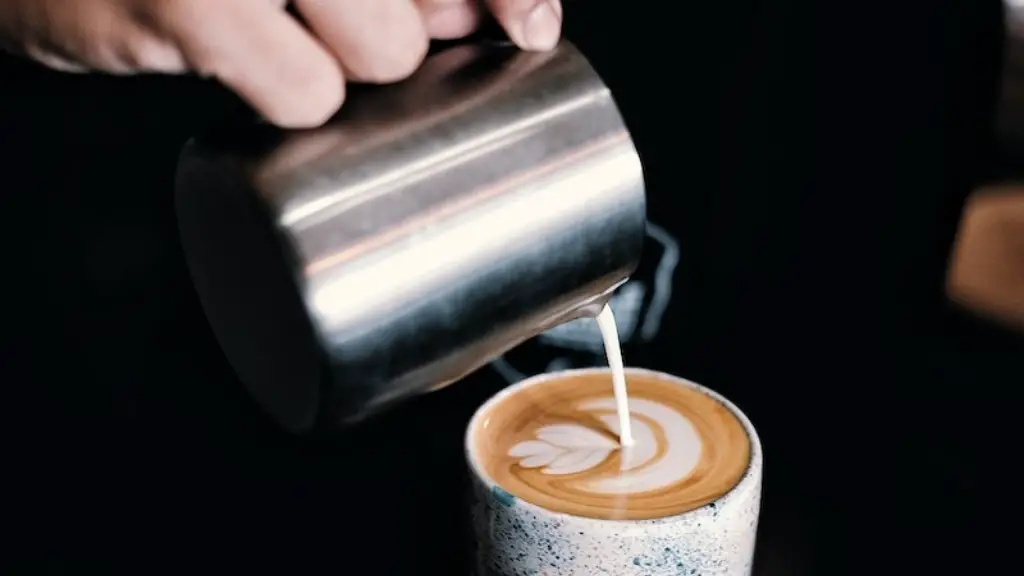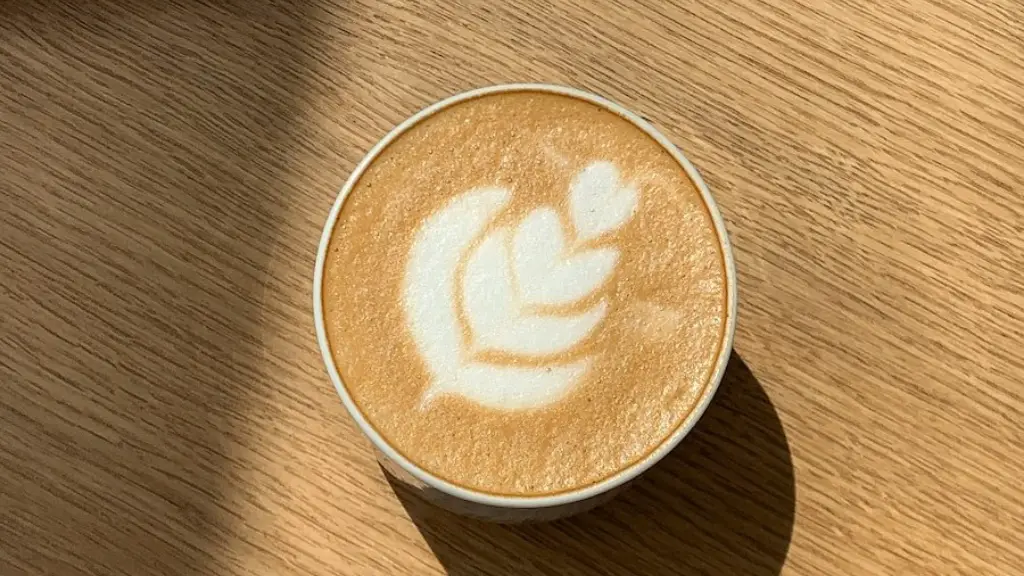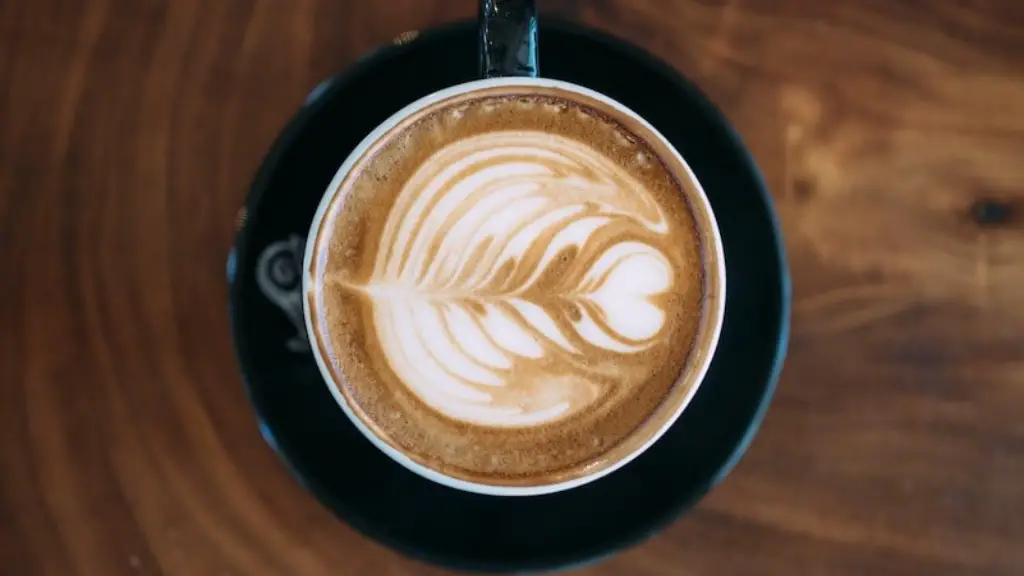Many of us start our days off with a cup of coffee, thinking that it will give us the energy boost that we need to get through the day. While this is true in the short-term, in the long-run, it can lead to greater fatigue.
To understand why we can become more tired when drinking coffee, it’s important to understand how caffeine operates in our bodies. Caffeine acts as a stimulant on the central nervous system, which causes an energy surge. That energy surge is temporary and will eventually dissipate, leaving us feeling more tired than before.
But the way caffeine affects us doesn’t just stop there. Caffeine has been found to interfere with the body’s production of the sleep hormone melatonin, making it harder for us to enter a deep and restorative sleep. This can leave us feeling more sluggish during the day, even after the effects of the caffeine have worn off.
The next factor to consider is that caffeine is a diuretic, meaning it causes our bodies to lose more water than usual. Dehydration can leave us feeling more fatigued, as our cells and organs require sufficient water in order to function properly. Therefore if we don’t drink enough water to replace what we lose through drinking coffee, this can make us more tired.
It is also important to note that not everyone responds to caffeine the same way, so it can be harder to assess the effects that it is having on our bodies. It is generally believed that those who are more sensitive to caffeine can experience more fatigue when drinking it. As such, it’s important to be mindful of how much caffeine we are consuming on a daily basis. Taking breaks from drinking coffee (or cutting down on how much we drink) can be beneficial in the long run.
Finally, the way we take our coffee can also play a role in how it affects us. Adding too much sugar to our coffee can lead to an initial energy burst, only to be followed by an eventual crash. As such, it’s important to practice moderation when adding any sort of supplement to our coffee.
How Stress and Diet Affect Energy Levels When Drinking Coffee
It’s important to note that other factors, such as stress and diet, can also play a role in how we feel when drinking coffee. Unhealthy eating habits can leave us feeling more sluggish and tired, while stress can interfere with our ability to get a good night’s sleep. Therefore, it’s important to maintain a healthy diet and lifestyle in order to counteract the effects of caffeine on our energy levels.
In general, eating protein and healthy fats throughout the day can help boost our energy levels and keep us feeling energized throughout the day. This, coupled with exercise and plenty of rest, can help prevent us from feeling more tired when taking coffee. It’s also important to note that drinking enough water can help offset the dehydrating effects of coffee, as well as any other type of caffeinated beverage we might be consuming throughout the day.
Benefits of Certain Types of Coffee
In contrast to what we might think, certain types of coffee can actually be beneficial when it comes to our energy levels. For example, dark roast coffee contains significantly less caffeine than light roast coffee and has been found to contain greater antioxidant properties. Furthermore, research suggests that decaffeinated coffee can also provide an energy boost, as it contains substances that can stimulate the production of adrenaline, which can give us a short-term energy boost.
In contrast, conventional espresso can be more detrimental to our energy levels. This is due to the fact that espresso contains more caffeine than most other types of coffee. Additionally, espresso comes in smaller servings, making it easier to overconsume caffeine if we are not careful. Therefore, it’s important to practice moderation when drinking espresso, as it can lead to greater fatigue in the long run.
Maximizing Benefits of Drinking Coffee
It is clear that moderation is key when it comes to drinking coffee and that accounting for our individual sensitivities is equally important. That being said, there are steps we can take to maximize the benefits of drinking coffee, such as avoiding the addition of sugar, using organic coffee, and drinking coffee in the morning. Coffee can also be an effective pre-workout drink, as it can help increase our alertness and focus while we exercise. Furthermore, drinking coffee shortly before bedtime can be beneficial as well, as it can help us maintain our energy levels throughout our sleep.
When to Avoid Drinking Coffee
It is important to note that drinking coffee is not always beneficial, as there are certain scenarios in which we should avoid drinking it. For instance, if we are sensitive to caffeine, it is probably best to avoid drinking coffee. Additionally, if we are feeling anxious or stressed, drinking coffee can make it worse. As such, it’s important to assess our feelings before reaching for a cup of coffee. Finally, if we are experiencing any negative side effects from drinking coffee, such as headaches or stomachaches, it’s best to take a break from drinking it for a few days.
Eliminating Excess Caffeine to Combat Tiredness
Although limiting or eliminating coffee can feel difficult at first, it can be beneficial in the long-term. Not only can it help prevent us from feeling more tired when drinking coffee, but it can also benefit our overall health in the long-term. Furthermore, reducing the amount of caffeine we consume can help reset our tolerance levels, making it easier to enjoy a cup of coffee without feeling overly fatigued.
Additionally, there are alternatives to coffee that can help give us the energy boost we need without the negative effects that come with drinking coffee. For instance, green tea contains less caffeine than coffee and has been found to help increase alertness and reduce fatigue. There are also more creative alternatives, such as creating a blend of herbs and spices that can help keep us energized throughout the day.
Adapting the Diet to Feels Less Tired
Making changes to our diet can also be beneficial in combating fatigue. Eating complex carbohydrates, such as oatmeal and quinoa, can help us stay energized and alert throughout the day. Eating smaller portions more frequently throughout the day can also be beneficial, as it can help regulate our blood sugar levels and provide a steady release of energy over an extended period of time. Additionally, eating iron-rich foods can also help combat fatigue, as iron plays a major role in energy metabolism.
Drinking coffee can be beneficial in the short-term, but it’s important to take into account how it affects us in the long-term. By understanding the effects of caffeine and making changes to our diets and lifestyles, we can help to prevent the effects of fatigue when drinking coffee.
Controlling Caffeine Intake for Maximum Energy Benefits
Controlling our caffeine intake can be beneficial in a number of ways. Cutting back on how much coffee we drink and/or switching to decaffeinated coffee can be beneficial. Additionally, taking a break from drinking coffee every now and then can also help combat fatigue, as it can help reset our tolerance levels. That being said, it is important to note that drinking coffee can be beneficial if we are able to practice moderation and if we are mindful of our individual sensitivities.
Finding the Right Balance to Mitigate Tiredness
Finding the right balance between drinking coffee and avoiding fatigue can be tricky. One way to do this is to experiment with different types of coffee and different brewing methods in order to determine what works best for us. Additionally, it is important to be mindful of our diets and lifestyles, as these can also affect our energy levels. As such, it can be beneficial to make changes to our diets and lifestyles in order to combat fatigue and maximize the benefits of drinking coffee.




